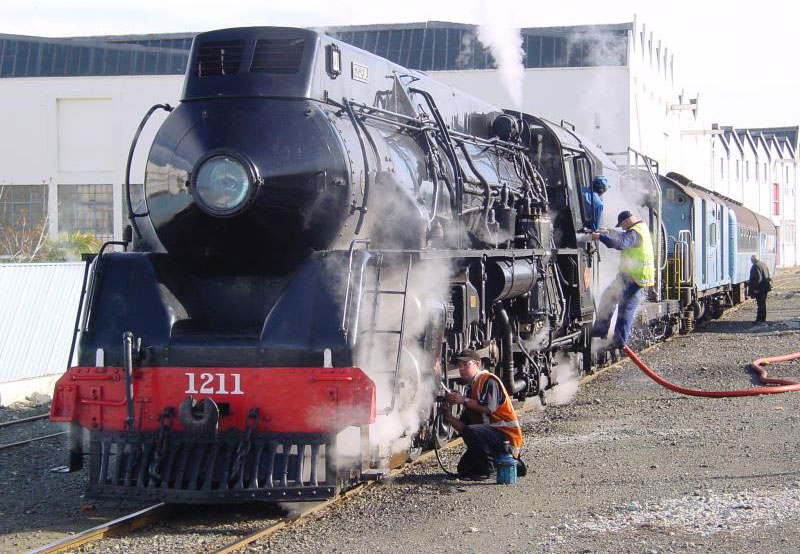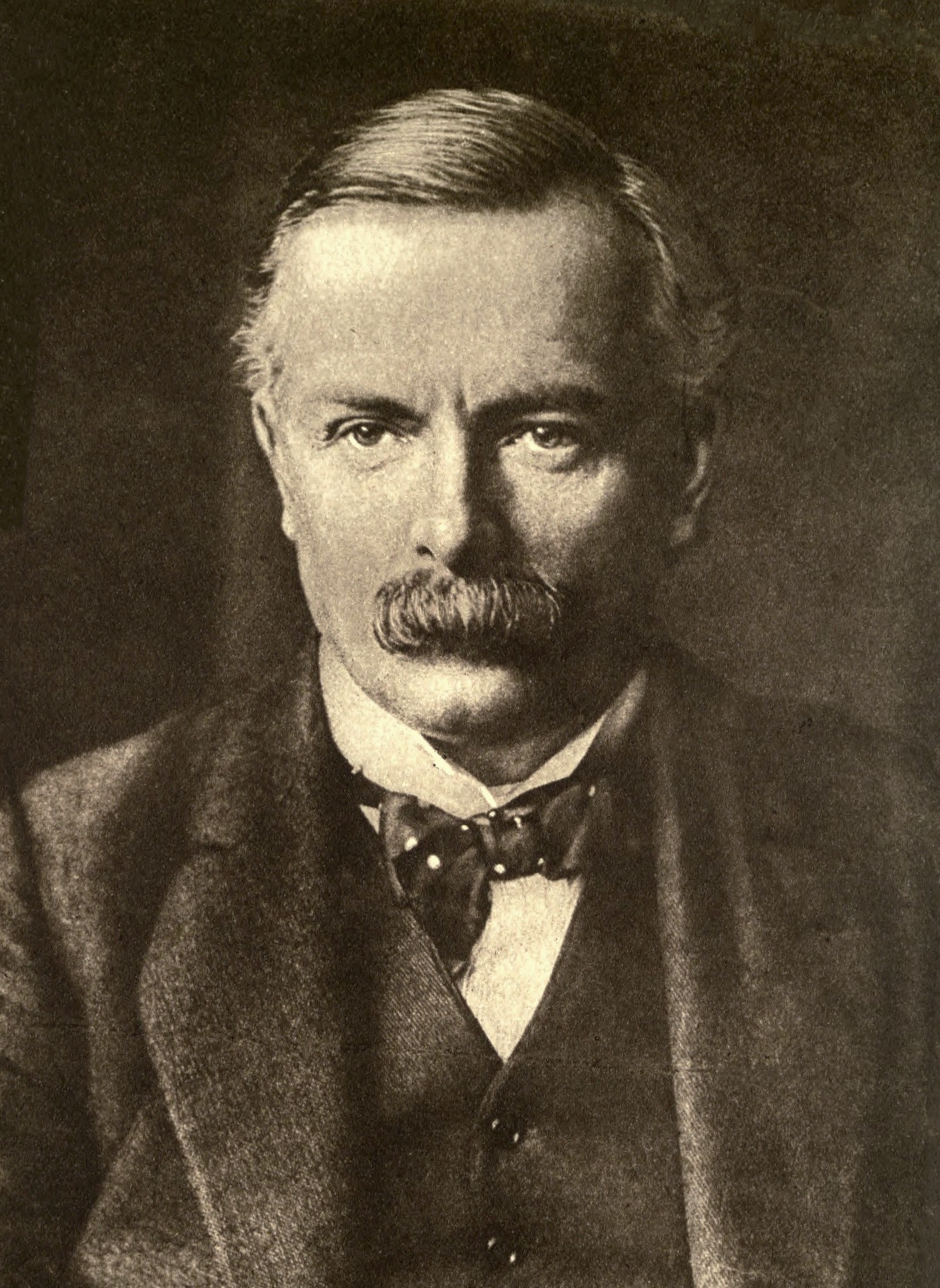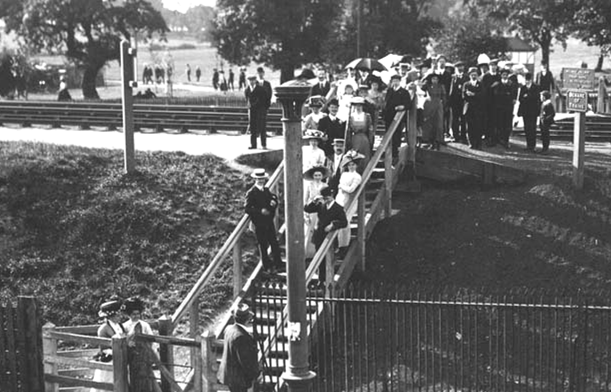|
Tank Mark VIII
The Mark VIII tank also known as the Liberty or The International was a British-American tank design of the First World War intended to overcome the limitations of the earlier British designs and be a collaborative effort to equip France, the UK and the US with a single heavy tank design. Production at a site in France was expected to take advantage of US industrial capacity to produce the automotive elements, with the UK producing the armoured hulls and armament. The planned production levels would have equipped the Allied armies with a very large tank force that would have broken through the German defensive positions in the planned offensive for 1919. In practice, manufacture was slow and only a few vehicles were produced before the end of the war in November 1918. After the war, 100 vehicles assembled in the US were used by the US Army until more advanced designs replaced them in 1932. A few tanks that had not been scrapped by the start of World War II were offered to Cana ... [...More Info...] [...Related Items...] OR: [Wikipedia] [Google] [Baidu] |
North British Locomotive Company
The North British Locomotive Company (NBL, NB Loco or North British) was created in 1903 through the merger of three Glasgow locomotive manufacturing companies; Sharp, Stewart and Company (Atlas Works), Neilson, Reid and Company (Hyde Park Works) and Dübs and Company (Queens Park Works), creating the largest locomotive manufacturing company in Europe and the British Empire. Its main factories were located at the neighbouring Atlas and Hyde Park Works in central Springburn, as well as the Queens Park Works in Polmadie. A new central Administration and Drawing Office for the combined company was completed across the road from the Hyde Park Works on Flemington Street by James Miller in 1909, later sold to Glasgow Corporation in 1961 to become the main campus of North Glasgow College (now Glasgow Kelvin College). The two other Railway works in Springburn were St. Rollox railway works, owned by the Caledonian Railway and Cowlairs railway works, owned by the North British Railway ... [...More Info...] [...Related Items...] OR: [Wikipedia] [Google] [Baidu] |
US Navy
The United States Navy (USN) is the maritime service branch of the United States Armed Forces and one of the eight uniformed services of the United States. It is the largest and most powerful navy in the world, with the estimated tonnage of its active battle fleet alone exceeding the next 13 navies combined, including 11 allies or partner nations of the United States as of 2015. It has the highest combined battle fleet tonnage (4,635,628 tonnes as of 2019) and the world's largest aircraft carrier fleet, with eleven in service, two new carriers under construction, and five other carriers planned. With 336,978 personnel on active duty and 101,583 in the Ready Reserve, the United States Navy is the third largest of the United States military service branches in terms of personnel. It has 290 deployable combat vessels and more than 2,623 operational aircraft . The United States Navy traces its origins to the Continental Navy, which was established during the American Revolut ... [...More Info...] [...Related Items...] OR: [Wikipedia] [Google] [Baidu] |
Secretary Of State For Foreign And Commonwealth Affairs
The secretary of state for foreign, Commonwealth and development affairs, known as the foreign secretary, is a minister of the Crown of the Government of the United Kingdom and head of the Foreign, Commonwealth and Development Office. Seen as one of the most senior ministers in the government and a Great Office of State, the incumbent is a member of the Cabinet of the United Kingdom. The office holder works alongside the other Foreign Office ministers. The corresponding shadow minister is the Shadow Secretary of State for Foreign, Commonwealth and Development Affairs. The performance of the secretary of state is also scrutinised by the Foreign Affairs Select Committee. The current foreign secretary is James Cleverly MP, appointed in the September 2022 cabinet reshuffle. Responsibilities Corresponding to what is generally known as a foreign minister in many other countries, the foreign secretary's remit includes: * British relations with foreign countries and governments * ... [...More Info...] [...Related Items...] OR: [Wikipedia] [Google] [Baidu] |
Char 2C
The Char 2C, also known as the FCM 2C, was a French heavy tank, later also seen as a super-heavy tank. It was developed during World War I but not deployed until after the war. It was, in total volume or physical dimensions, the largest operational tank ever made. Development The ''Char d'assaut de grand modèle'' The origins of the Char 2C have always been shrouded in a certain mystery. In the summer of 1916, likely in July,Guy François, 2011, "Le char lourd FCM 1A, ou le rêve immolé", ''Histoire de Guerre, Blindés & Matériel'', 98: 42-51 General Léon Augustin Jean Marie Mourret, the Subsecretary of Artillery, verbally granted ''Forges et Chantiers de la Méditerranée'' (FCM), a shipyard in the south of France near Toulon, the contract for the development of a heavy tank, a ''char d'assaut de grand modèle''. At the time, French industry was very active in lobbying for defence orders, using their connections with high-placed officials and officers to obtain commi ... [...More Info...] [...Related Items...] OR: [Wikipedia] [Google] [Baidu] |
John Pershing
General of the Armies John Joseph Pershing (September 13, 1860 – July 15, 1948), nicknamed "Black Jack", was a senior United States Army Officer (armed forces), officer. He served most famously as the commander of the American Expeditionary Forces (AEF) on the Western Front (World War I), Western Front during World War I, from 1917 to 1918. In addition to leading the AEF to victory in World War I, Pershing notably served as a mentor to many in the generation of generals who led the United States Army during World War II, including George C. Marshall, Dwight D. Eisenhower, Omar Bradley, Lesley J. McNair, George S. Patton and Douglas MacArthur. During his command in World War I, Pershing rejected British and French demands that American forces be integrated with their armies, essentially as replacement units, and insisted that the AEF would operate as a single unit under his command, although some American divisions fought under British command, notably in the Battle of Hamel a ... [...More Info...] [...Related Items...] OR: [Wikipedia] [Google] [Baidu] |
Mark IV Tank
The Mark IV (pronounced ''Mark four'') was a British tank of the First World War. Introduced in 1917, it benefited from significant developments of the Mark I tank (the intervening designs being small batches used for training). The main improvements were in armour, the re-siting of the fuel tank and ease of transport. A total of 1,220 Mk IV were built: 420 "Males", 595 "Females" and 205 Tank Tenders (unarmed vehicles used to carry supplies), which made it the most numerous British tank of the war. The Mark IV was first used in mid 1917 at the Battle of Messines Ridge. It remained in British service until the end of the war, and a small number served briefly with other combatants afterwards. Development The director of the Tank Supply Department, Albert Gerald Stern, first intended to fit the Mark IV with a new engine and transmission. Production of battle tanks was halted until the new design was ready, necessitating the use of the Mark II and III as interim training tanks. ... [...More Info...] [...Related Items...] OR: [Wikipedia] [Google] [Baidu] |
Minister Of Munitions
The Minister of Munitions was a British government position created during the First World War to oversee and co-ordinate the production and distribution of munitions for the war effort. The position was created in response to the Shell Crisis of 1915 when there was much newspaper criticism of the shortage of artillery shells and fear of sabotage. The Ministry was created by the Munitions of War Act 1915 passed on 2 July 1915 to safeguard the supply of artillery munitions. Under the very vigorous leadership of Liberal party politician David Lloyd George, the Ministry in its first year set up a system that dealt with labour disputes and fully mobilized Britain's capacity for a massive increase in the production of munitions. The government policy, according to historian J. A. R. Marriott, was that: : No private interest was to be permitted to obstruct the service, or imperil the safety, of the State. Trade Union regulations must be suspended; employers' profits must be limited, s ... [...More Info...] [...Related Items...] OR: [Wikipedia] [Google] [Baidu] |
Winston Churchill
Sir Winston Leonard Spencer Churchill (30 November 187424 January 1965) was a British statesman, soldier, and writer who served as Prime Minister of the United Kingdom twice, from 1940 to 1945 Winston Churchill in the Second World War, during the Second World War, and again from 1951 to 1955. Apart from two years between 1922 and 1924, he was a Member of Parliament (United Kingdom), Member of Parliament (MP) from 1900 to 1964 and represented a total of five UK Parliament constituency, constituencies. Ideologically an Economic liberalism, economic liberal and British Empire, imperialist, he was for most of his career a member of the Conservative Party (UK), Conservative Party, which he led from 1940 to 1955. He was a member of the Liberal Party (UK), Liberal Party from 1904 to 1924. Of mixed English and American parentage, Churchill was born in Oxfordshire to Spencer family, a wealthy, aristocratic family. He joined the British Army in 1895 and saw action in British Raj, Br ... [...More Info...] [...Related Items...] OR: [Wikipedia] [Google] [Baidu] |
Mark VIII Tank, Q 71012
Mark may refer to: Currency * Bosnia and Herzegovina convertible mark, the currency of Bosnia and Herzegovina * East German mark, the currency of the German Democratic Republic * Estonian mark, the currency of Estonia between 1918 and 1927 * Finnish markka ( sv, finsk mark, links=no), the currency of Finland from 1860 until 28 February 2002 * Mark (currency), a currency or unit of account in many nations * Polish mark ( pl, marka polska, links=no), the currency of the Kingdom of Poland and of the Republic of Poland between 1917 and 1924 German * Deutsche Mark, the official currency of West Germany from 1948 until 1990 and later the unified Germany from 1990 until 2002 * German gold mark, the currency used in the German Empire from 1873 to 1914 * German Papiermark, the German currency from 4 August 1914 * German rentenmark, a currency issued on 15 November 1923 to stop the hyperinflation of 1922 and 1923 in Weimar Germany * Lodz Ghetto mark, a special currency for Lodz Ghetto. ... [...More Info...] [...Related Items...] OR: [Wikipedia] [Google] [Baidu] |
Flanders
Flanders (, ; Dutch: ''Vlaanderen'' ) is the Flemish-speaking northern portion of Belgium and one of the communities, regions and language areas of Belgium. However, there are several overlapping definitions, including ones related to culture, language, politics, and history, and sometimes involving neighbouring countries. The demonym associated with Flanders is Fleming, while the corresponding adjective is Flemish. The official capital of Flanders is the City of Brussels, although the Brussels-Capital Region that includes it has an independent regional government. The powers of the government of Flanders consist, among others, of economic affairs in the Flemish Region and the community aspects of Flanders life in Brussels, such as Flemish culture and education. Geographically, Flanders is mainly flat, and has a small section of coast on the North Sea. It borders the French department of Nord to the south-west near the coast, the Dutch provinces of Zeeland, North Brabant an ... [...More Info...] [...Related Items...] OR: [Wikipedia] [Google] [Baidu] |
Western Front (WWI)
The Western Front was one of the main theatres of war during the First World War. Following the outbreak of war in August 1914, the German Army opened the Western Front by invading Luxembourg and Belgium, then gaining military control of important industrial regions in France. The German advance was halted with the Battle of the Marne. Following the Race to the Sea, both sides dug in along a meandering line of fortified trenches, stretching from the North Sea to the Swiss frontier with France, which changed little except during early 1917 and in 1918. Between 1915 and 1917 there were several offensives along this front. The attacks employed massive artillery bombardments and massed infantry advances. Entrenchments, machine gun emplacements, barbed wire and artillery repeatedly inflicted severe casualties during attacks and counter-attacks and no significant advances were made. Among the most costly of these offensives were the Battle of Verdun, in 1916, with a combined 700,000 ... [...More Info...] [...Related Items...] OR: [Wikipedia] [Google] [Baidu] |
Dollis Hill
Dollis Hill is an area in northwest London, which consists of the streets surrounding the 35 hectares (86 acres) Gladstone Park. It is served by a London Underground station, Dollis Hill, on the Jubilee line, providing good links to central London. It is in the London Borough of Brent, close to Willesden Green, Neasden and Cricklewood, and is in the postal districts of NW2 and NW10. The area is mainly residential (Edwardian terraced and 1920s/30s semi-detached houses) with a restaurant, greengrocer and convenience stores near the underground station. The Dollis Hill ward has the highest Irish population in London. Dollis Hill played a part in the Second World War as the code-breaking computer used at Bletchley Park was built at the Post Office Research Station in Dollis Hill and the rarely used alternative Cabinet War Room bunker for Winston Churchill's government was dug underground here. History The Dollis Hill Estate was formed in the early 19th century, when the ... [...More Info...] [...Related Items...] OR: [Wikipedia] [Google] [Baidu] |







